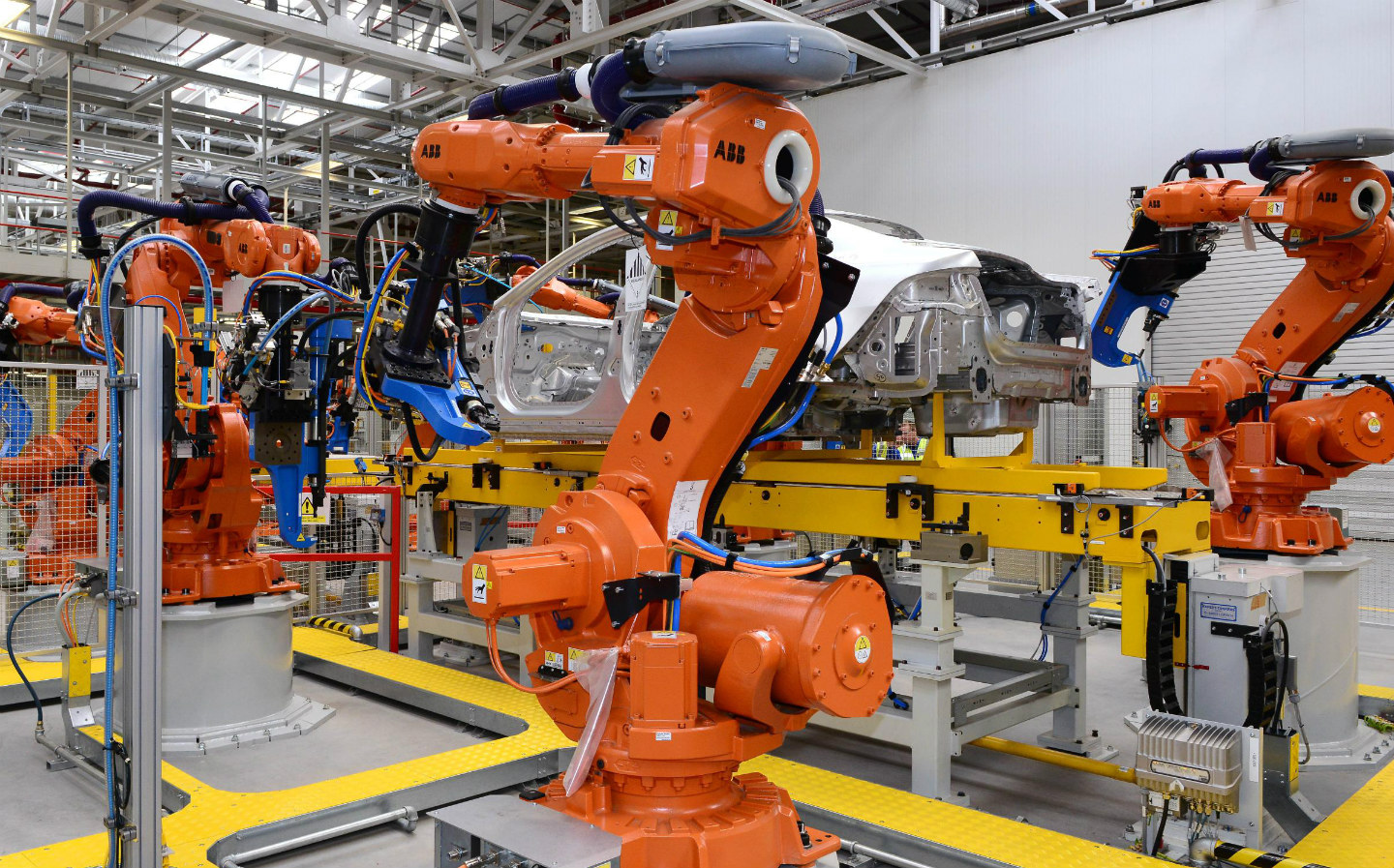UK car production plummets in July in worst performance since 1956
26% of cars made in UK in July were electrified
CAR MANUFACTURING output in the UK fell by 37.6% in July, marking the worst July performance since 1956, according to figures released by the Society of Motor Manufacturers and Traders (SMMT).
The car makers built just 53,438 units last month in Britain, the first drop in production since February.
A number of factors are being blamed for the slowdown including the current global chip shortage and the so-called ‘pingdemic’, which has seen workers who may have had close contact with Covid cases forced to self-isolate.
Production for the UK market declined by 38.7% to 8,233, whilst the number of vehicles built for export also fell to 45,205, a drop of 37.4%. Eight in ten cars built in Britain in July were destined for export.
Some 26% of all cars produced in July were either battery electric, plug-in hybrid or hybrid, highlighting the importance of Nissan and Toyota’s Sunderland and Burnaston plants to the UK’s manufacturing economy. Electrified models make up a significant – and internationally in-demand portion – of Nissan and Toyota’s model ranges.
Other volume car producers building electric or hybrid cars in the UK include Jaguar Land Rover in Solihull and Mini in Oxford.
Production at Honda’s plant in Swindon ceased at the end of July permanently.
The figures show an overall decline in production numbers of 28.7% compared with pre-pandemic 2019, a year that saw 774,760 cars rolling off UK production lines. Compared with 2020, however, production is currently up by 18.3%.
Car manufacturing directly employs 180,000 people in the UK, with 864,000 employed by the wider automotive sector. The industry accounts for some 13% of the UK’s yearly exports.
According to Mike Hawes, chief executive of the SMMT: “These figures lay bare the extremely tough conditions UK car manufacturers continue to face. While the impact of the ‘pingdemic’ will lessen as self-isolation rules change, the worldwide shortage of semiconductors shows little sign of abating. The UK automotive industry is doing what it can to keep production lines going, testament to the adaptability of its workforce and manufacturing processes, but government can help by continuing the supportive Covid measures currently in place and boosting our competitiveness with a reduction in energy levies and business rates for a sector that is strategically important in delivering net zero.”
Tweet to @ST_Driving Follow @ST_Driving
- After reading how UK car production plummets in July in worst performance since 1956, you might might be interested in reading about how the global semiconductor chip shortage is affecting car production
- Find our why a visit to Luton by Tesla CEO Elon Musk has intensified rumours of a UK gigafactory
- Nissan confirms £1bn electric car battery gigafactory for UK





